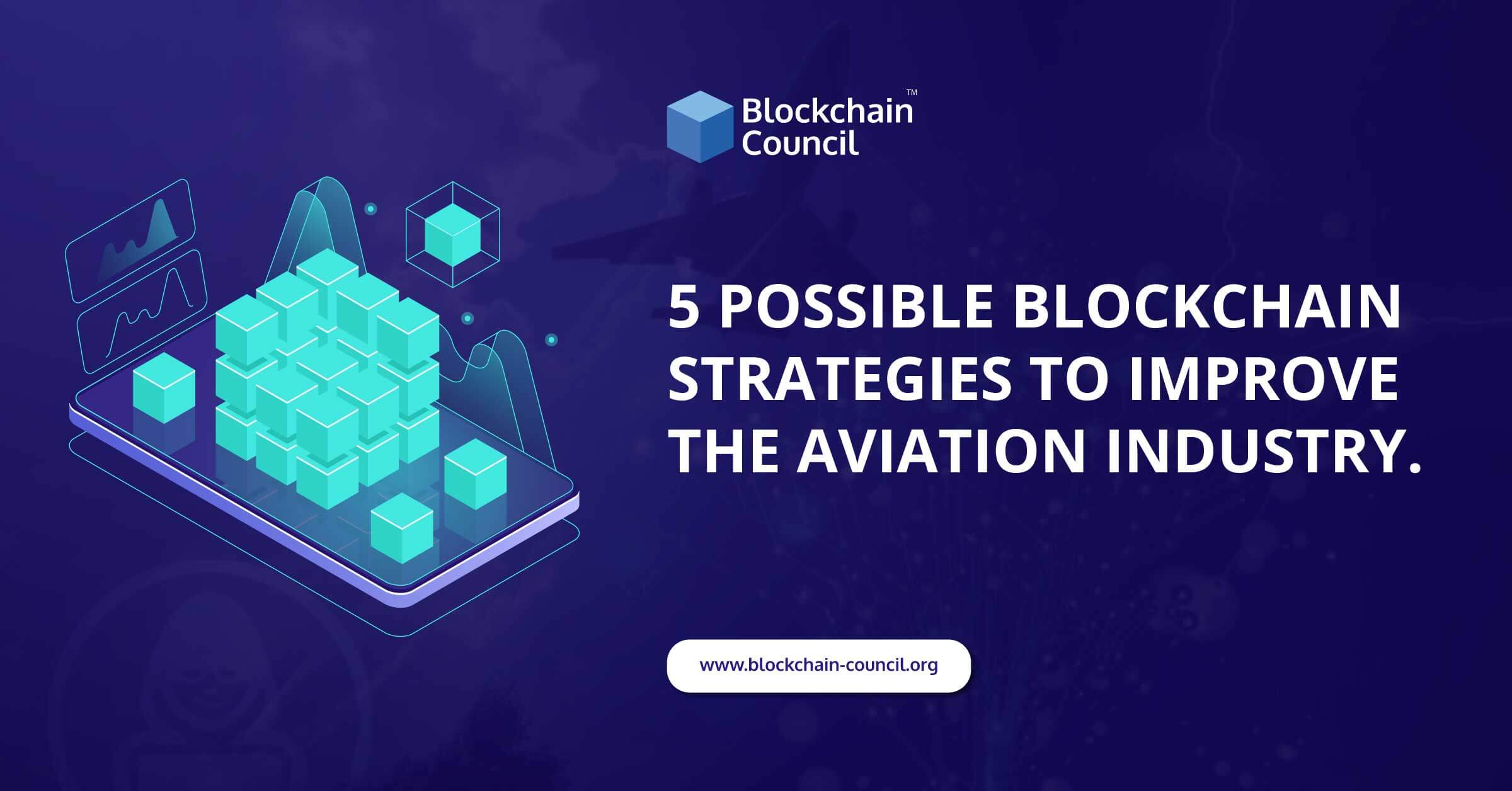
- Toshendra Kumar Sharma
- June 09, 2020
Wondering how blockchain technology is improving the world of transportation and logistics? If your answer is probably yes, you have landed at the right place. This article explains the role of blockchain in the logistic domain.
Learning Of Blog
- A Quick Review to What is Blockchain?
- How Blockchain is Revolutionizing Logistics
- Key Challenges with Blockchain
- The Verdict
A Quick Review to What is Blockchain
Blockchain offers a decentralized network where peers can communicate and perform transactions without the involvement of any centralized authority. As blockchain is a decentralized technology, it offers immutability, transparency, and security thus enhances almost every domain. Its ability to act as a ledger makes it the perfect technology to facilitate shipment tracking, global contracts, and payment processing throughout the logistics industry. Today, this technology is making the logistics and transport industry more efficient and transparent.
As the blockchain space is booming, it offers ample opportunities to blockchain experts and blockchain developers. If you have ever thought of giving a head start to your career, favorable chances are on its way.
How Blockchain is Revolutionizing Logistics
From real-time tracking to enhanced transparency, greater scalability, and improved security, blockchain can be considered as a one-stop solution. Let’s now explore how blockchain is already revolutionizing logistics.
Blockchain Enables Faster Logistics in Global Trade
Blockchain technology can help in easing many of the conflicts in global trade logistics, including transportation management, customs collaboration, procurement, track and trace, and trade finance. It can optimize the cost and time in terms of administrative processing and trade documentation for ocean freight shipments. To unlock the existing efficiencies in ocean freight, Maersk and IBM have commenced a venture to establish a global blockchain-based system for end-to-end shipment tracking and digitizing trade workflows that will allow each stakeholder to view the progress of goods through the supply chain.
Blockchain Improves Traceability and Transparency in Supply Chains
The technology has remarkable footprints in supply chain management as it helps in improving supply chain transparency and monitor provenance. From how goods are made to where they come from, and how they are managed, with blockchain-based systems data becomes permanent and easily shared, giving supply chain players more comprehensive track-and-trace capabilities than before. It helps in increasing safety and reveals product provenance in food supply chains as well. Many top companies are leveraging blockchain, like for example, Walmart is focusing specifically on food tracking, traceability, and safety.
Automating Commercial Processes with Smart Contract Functionalities
Blockchain possesses the potential to increase efficiency along with the entire logistics and settlement process, including trade finance. Moreover, with digitized documents and real-time shipment, it can resolve disputes in the logistics domain. As blockchain-enabled platforms allow easy and convenient coordination of documents on a shared distributed ledger, they eradicate manual paperwork. By using smart contracts, processes such as approvals and customs clearance are much quicker and more efficient, which leads to reduced processing times for goods at customs checkpoints. ShipChain, an early-stage company, has designed a comprehensive blockchain-based system to track and trace a product from its source to destination.
Blockchain Provides Scalable & Immediate solution
Unlike traditional tracking technologies that do not scale, blockchain technology provides a scalable, immediate solution for order tracking and authentication. This technology also enables data transparency and access among relevant supply chain stakeholders, thus creating a single source of truth. In addition, it helps in enhancing the trust required between stakeholders to share information by its intrinsic security mechanisms. Moreover, blockchain-based solutions offer the potential for new logistics services and more innovative business models, indicating its influence is going to keep growing in the logistics industry.
Interested in learning more about blockchain use cases in various domains? Check out the best blockchain certifications and become a certified blockchain professional.
Keys Challenges with Blockchain
Blockchain has the potential to revolutionalize almost all sectors, including logistics, as it aims at improving operational efficiency and generating value through new business models. However, there are a few key challenges facing blockchain.
To overcome the existing technical limitations, it is necessary to make progress with blockchain technology itself. Being able to exchange information accurately and safely is a crucial advantage of blockchain from which stakeholders benefit the most. Gaining industry adoption is the most significant challenge that will determine the success of technology in the logistics industry. Another challenge is the development of standards and governance of blockchain in each domain. Despite the obstacles, blockchain is fulfilling various promises across a wide range of industries, including healthcare, supplychain, asset management, along with others.
The Verdict
Blockchain offers an end-to-end solution to industries and companies that want to run more organized and efficient operations. But for its mass adoption, a culture of embracing new opportunities from blockchain should be fostered. At present, there are many projects under blockchain technology, adding value by boosting supply chain transparency and automating administrative operations.
If you want to know more about blockchain, check out the best blockchain certification courses.
To get instant updates about Blockchain Technology and to learn more about online blockchain certifications, check out Blockchain Council.





































































 Guides
Guides News
News Blockchain
Blockchain Cryptocurrency
& Digital Assets
Cryptocurrency
& Digital Assets Web3
Web3 Metaverse & NFTs
Metaverse & NFTs
